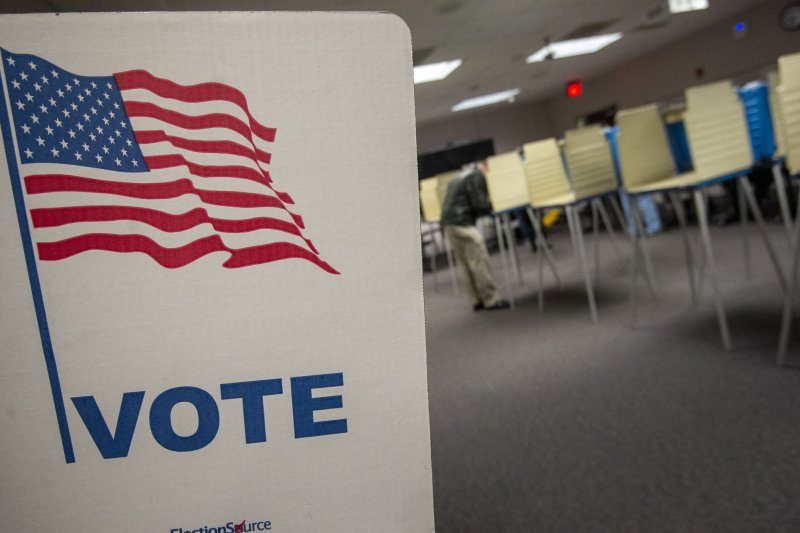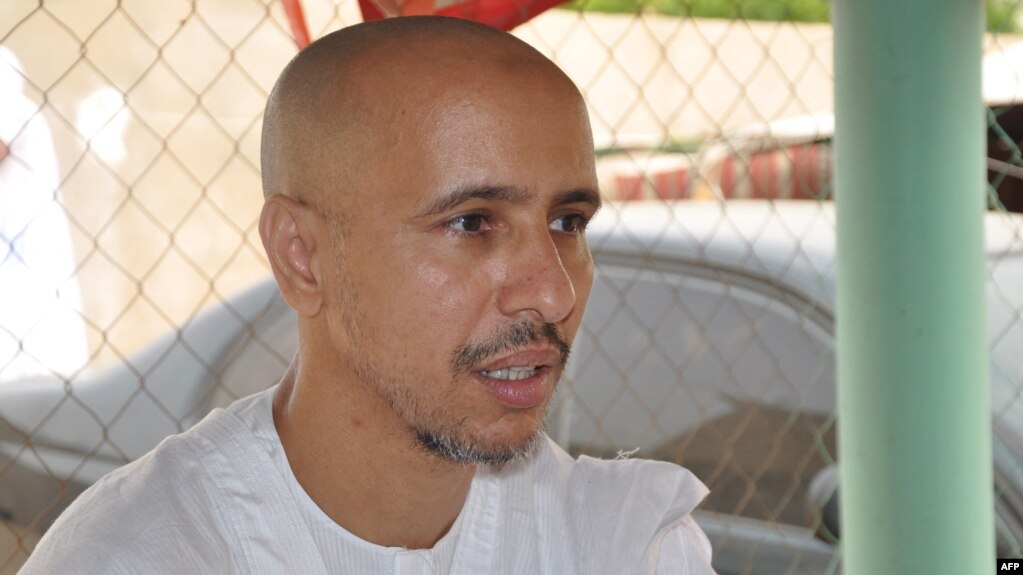
A prosecutor dropped all charges against Pamela Moses, a Tennessee woman with previous felony convictions who had been sentenced to six years in jail for erroneously attempting to restore her right to vote. File photo by Bonnie Cash/UPI | License Photo
April 23 (UPI) -- A prosecutor dropped all charges against Pamela Moses, a Tennessee woman with previous felony convictions who was sentenced to six years in jail for erroneously attempting to restore her right to vote.
Her conviction was thrown out in February, shortly after The Guardian uncovered an email between two high level officials in the state's department of corrections suggesting that Moses had made an error in good faith and hadn't intentionally tricked her probation officer into reinstating her voting ability.
Moses had been scheduled to appear again in court on Monday to find out if prosecutors would pursue a retrial. Instead, Shelby County District Attorney General Amy Weirich announced on Friday she was dropping the charges against her.
"In the interest of judicial economy, we are dismissing her illegal registration case and her violation of probation," Weirich said in a press release.
Moses was on probation linked to a 2015 conviction for tampering with evidence. In 2019, she decided she wanted to participate in the upcoming election.
A judge told Moses that she was still on probation in September 2019. But when she double-checked with her probation officer, the officer told her she was actually done with her felony probation and gave Moses a certificate restoring her right to vote.
Moses submitted the paperwork to her local elections office. The next day, the Department of Correction sent a letter to the local elections commission stating that the probation officer had made a mistake and that Moses was not actually eligible to vote.
She was convicted of consenting to a false entry on official election documents. At a January hearing, Judge W. Mark Ward of the Shelby County Criminal Court told Moses that she'd "tricked the probation department" into giving her the document. Moses maintained she'd been following the instructions of her probation officer and the elections office.
"The case should not have been prosecuted right from the beginning because there was no trickery," Bede Anyanwu, Moses' lawyer, told The New York Times on Saturday.
The 2019 conviction and sentencing of Moses, who is Black, caused outrage among civil rights activists. Many claimed that her case highlighted disparities in how people of color are treated by the judicial system, as well as how Byzantine voting rights laws leave people with felony convictions unsure of their rights.
In 2020, the NAACP filed a lawsuit against Tennessee. The organization is challenging the state's "unequal, inaccessible, opaque, and error-ridden implementation of the statutes granting restoration of voting rights to citizens who lost the right to vote because of a felony conviction," the lawsuit states.
Moses remains permanently ineligible to vote under Tennessee law due to her 2015 conviction, regardless of her probation status.











